Conclavoscope - Cardinal Stanisław Ryłko
Cardinal Profile and Assessment
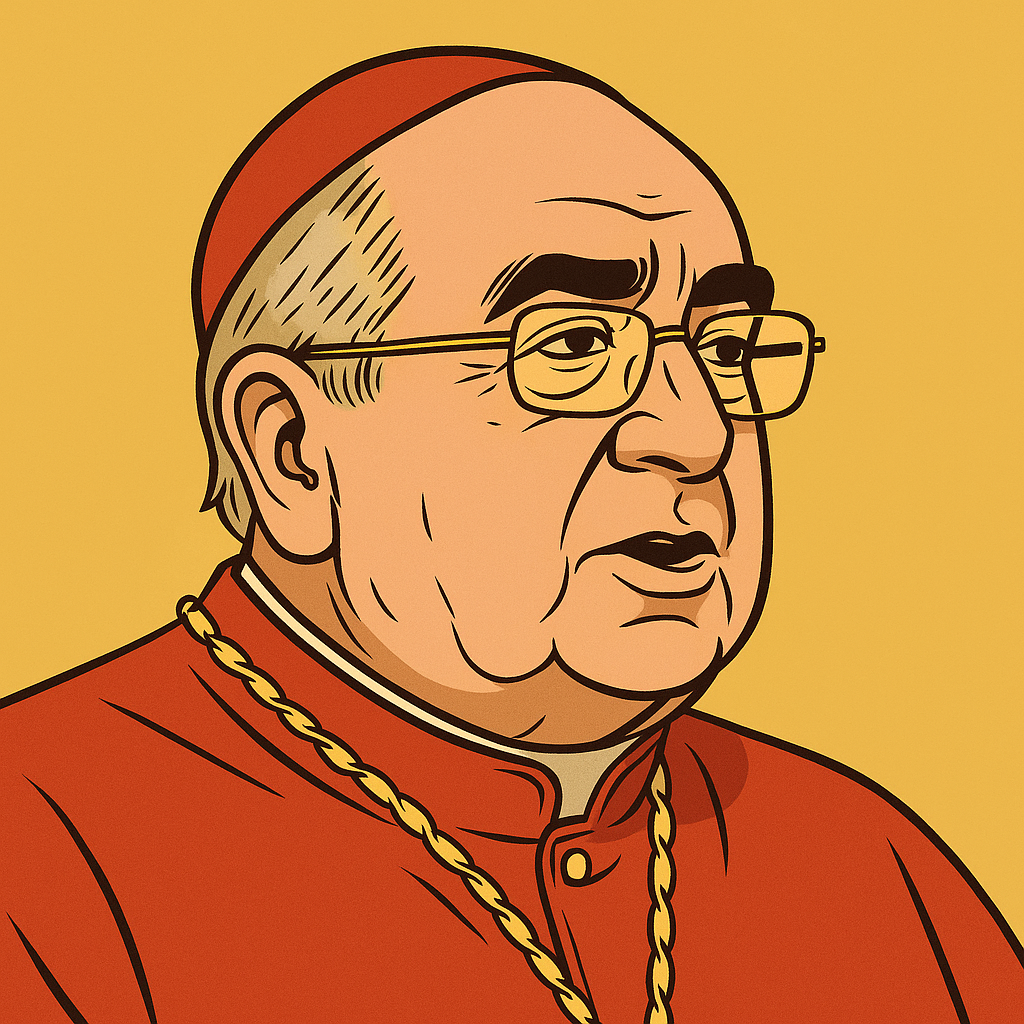
Polish cardinal, Archpriest of the Basilica of Saint Mary Major, known for his conservative positions and experience in lay ministry, in the tradition of John Paul II.
| Criterion | Tendency |
|---|---|
| Moral doctrine | Very conservative |
| Liturgy | Conservative |
| Sociopolitical | Conservative |
| Relationship with Pope Francis | Conservative |
| Dialogue | Moderately conservative |
| Communication | Conservative |
| Overall tendency | Conservative |
Cardinal Ryłko is a staunch defender of traditional Catholic moral teachings. He has emphasized the importance of chastity, the sanctity of marriage, and the family unit. He has criticized the sexual revolution for reducing love to mere pleasure and has warned against gender ideology, which he sees as undermining the natural order of human sexuality. His views align closely with the teachings of Pope John Paul II and Benedict XVI.
Cardinal Ryłko has shown a strong commitment to traditional liturgical practices. He has been involved in efforts to approve the liturgical celebrations of movements like the Neocatechumenal Way, reflecting his support for preserving traditional forms of worship within the Church.
While not overtly political, Cardinal Ryłko has expressed concerns about secularization and the erosion of Christian values in society. He emphasizes the role of the laity in evangelization and upholding moral standards, reflecting a conservative approach to sociopolitical engagement.
Cardinal Ryłko has maintained a respectful relationship with Pope Francis. While his traditional views may not fully align with the Pope's more progressive reforms, he continues to serve in significant roles, indicating a level of mutual respect and cooperation.
There is limited public information on Cardinal Ryłko's involvement in interreligious dialogue. However, his roles within the Vatican suggest a standard engagement with such initiatives, aligning with the Church's broader efforts in this area.
Cardinal Ryłko is known for his clear and direct communication style, often emphasizing traditional Church teachings. His public addresses reflect a focus on doctrinal clarity and the importance of maintaining the Church's moral compass.
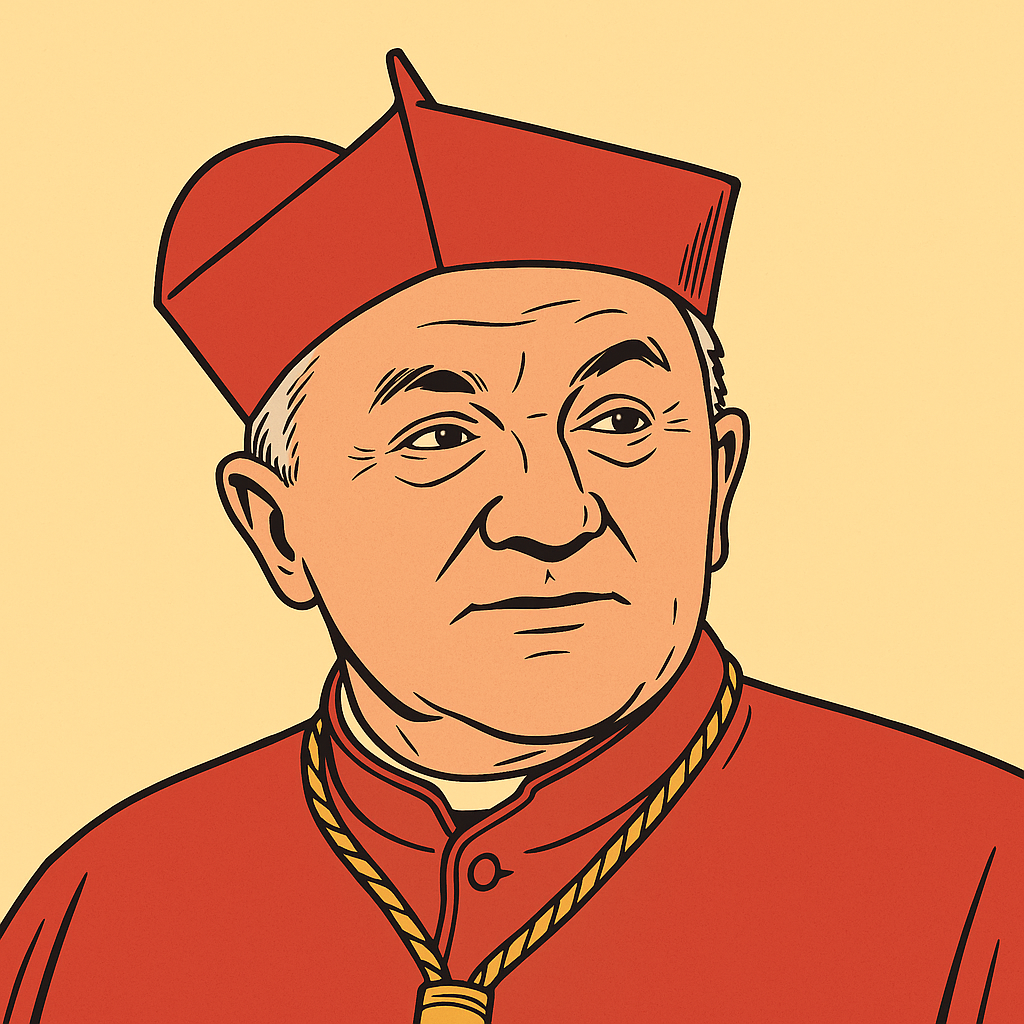
Polish cardinal, Archbishop of Warsaw, known for his balanced pastoral approach, combining Polish Catholic tradition with openness to dialogue in an evolving society.
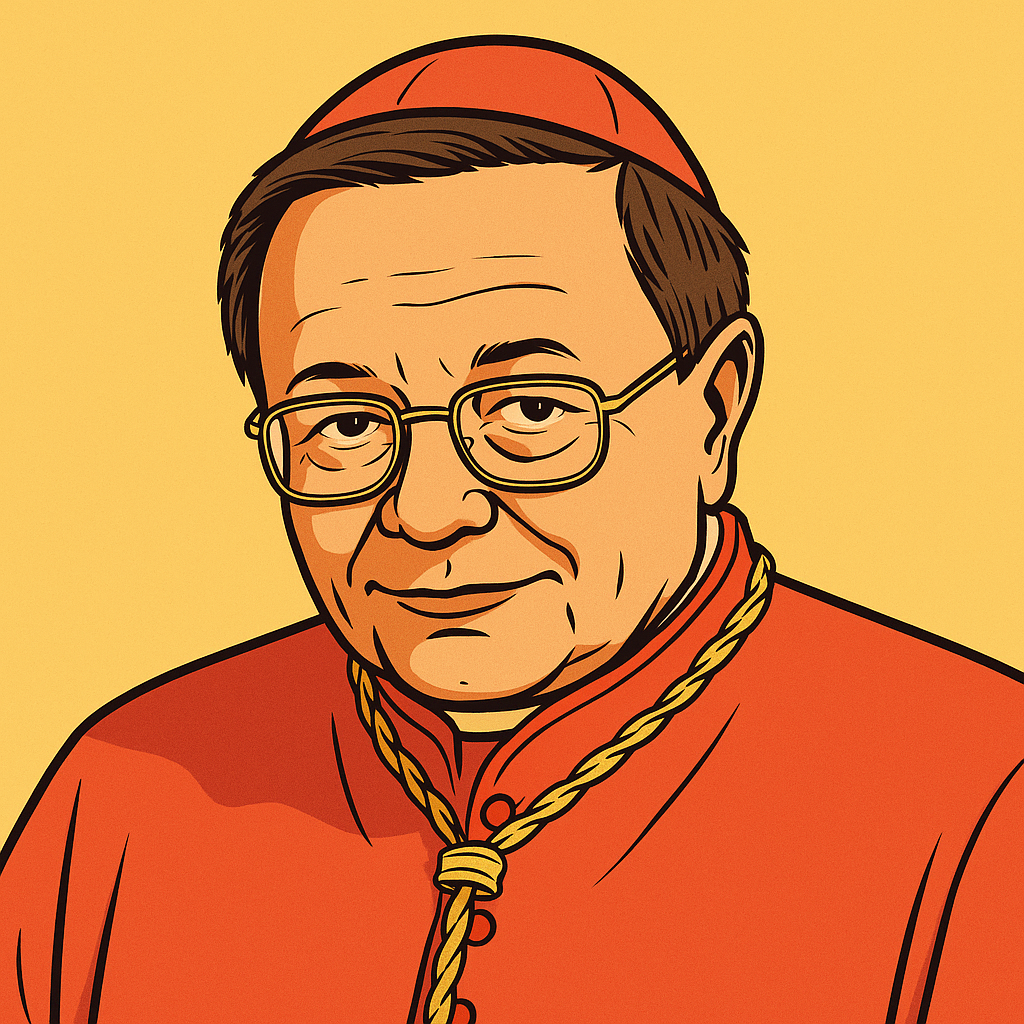
Polish cardinal, Archbishop of Łódź, known for his balance between fidelity to Polish Catholic tradition and openness to pastoral dialogue adapted to contemporary challenges.
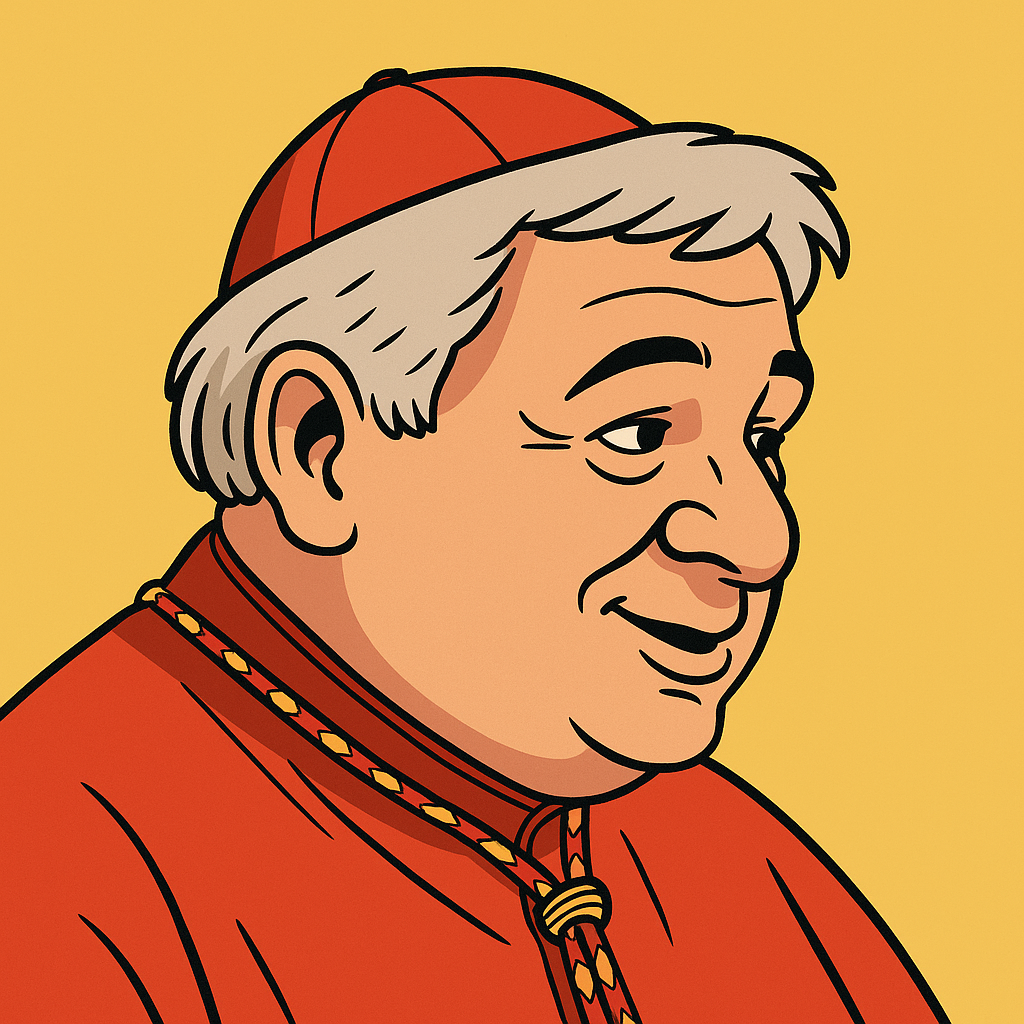
Polish cardinal, Apostolic Almoner, known for his commitment to serving the poor and his direct charitable action, implementing the "culture of encounter" promoted by Pope Francis.
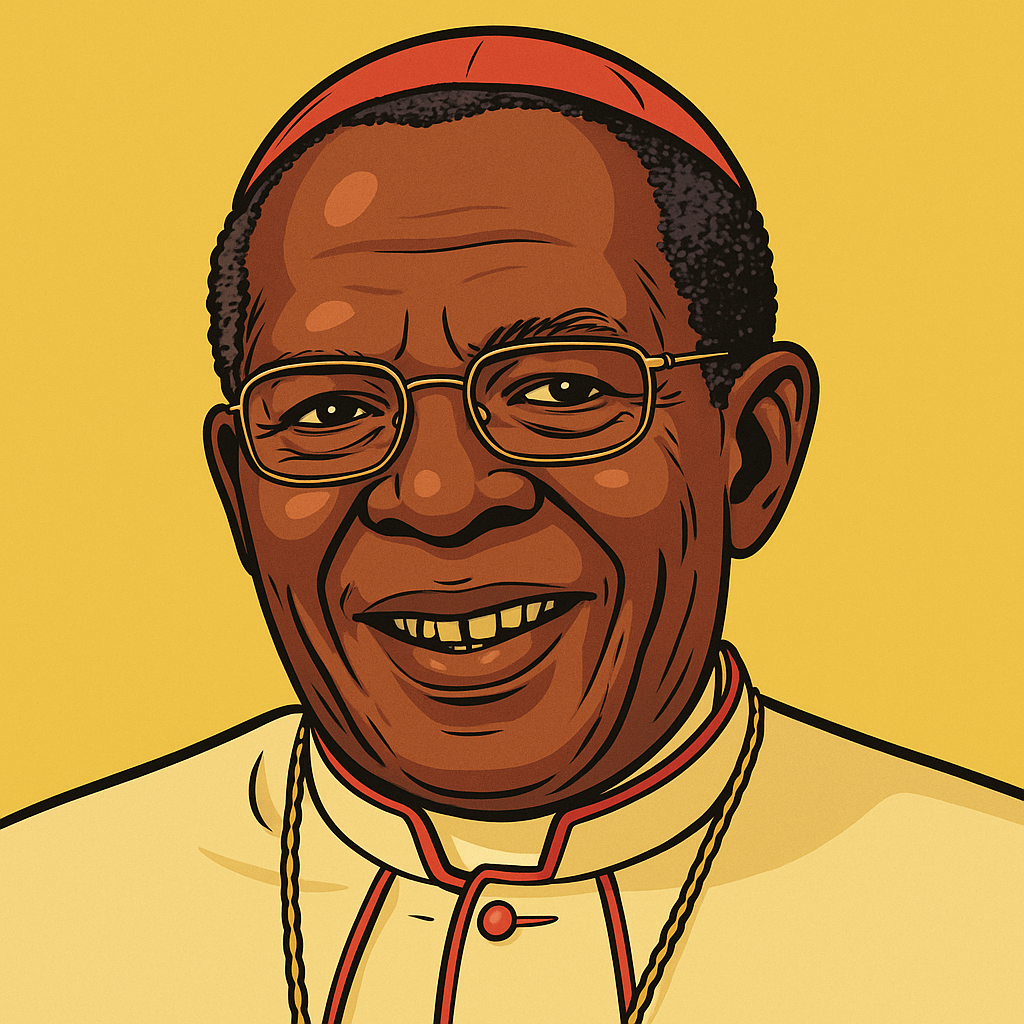
Kenya
Kenyan cardinal, Archbishop Emeritus of Nairobi, known for his conservative positions on moral issues and his leadership in the growing African Church.
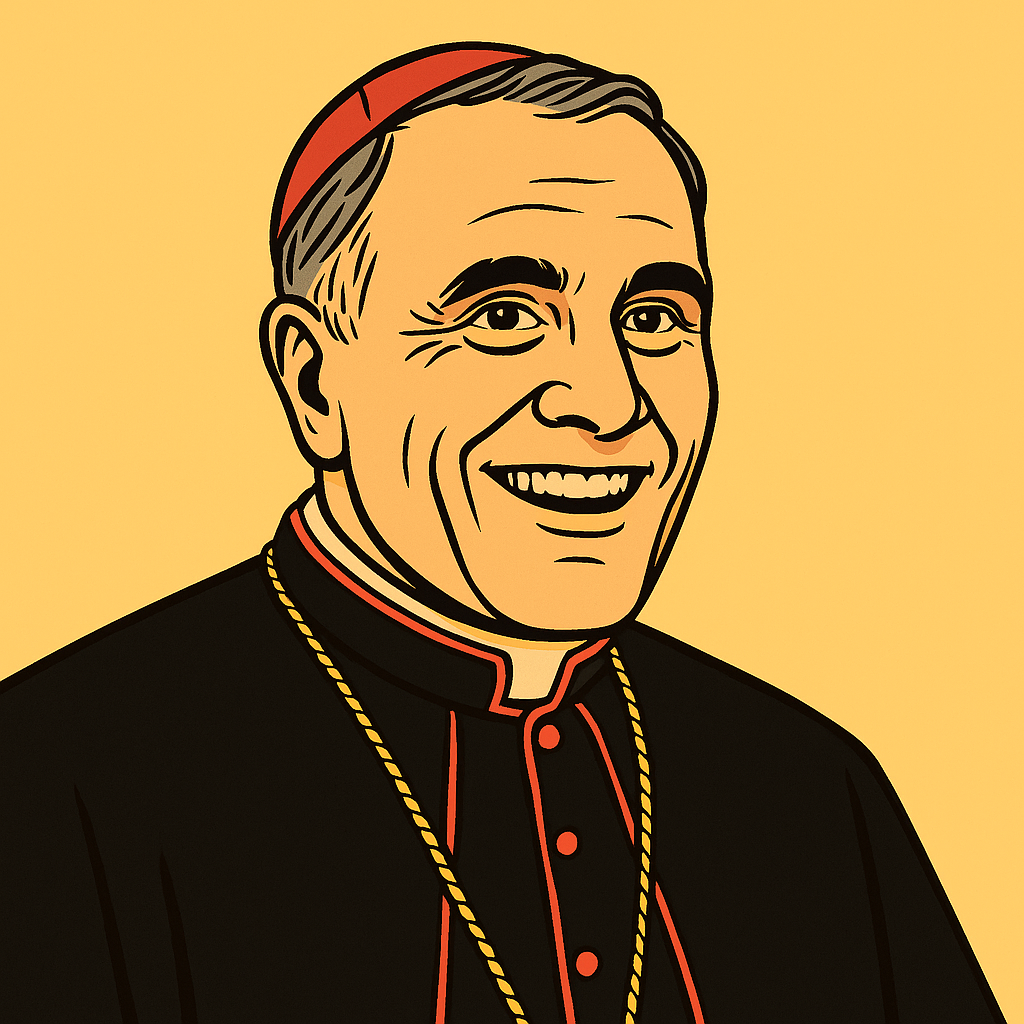
United States
American cardinal, known for his conservative positions on doctrine and liturgy, while seeking unity in a divided ecclesial context.
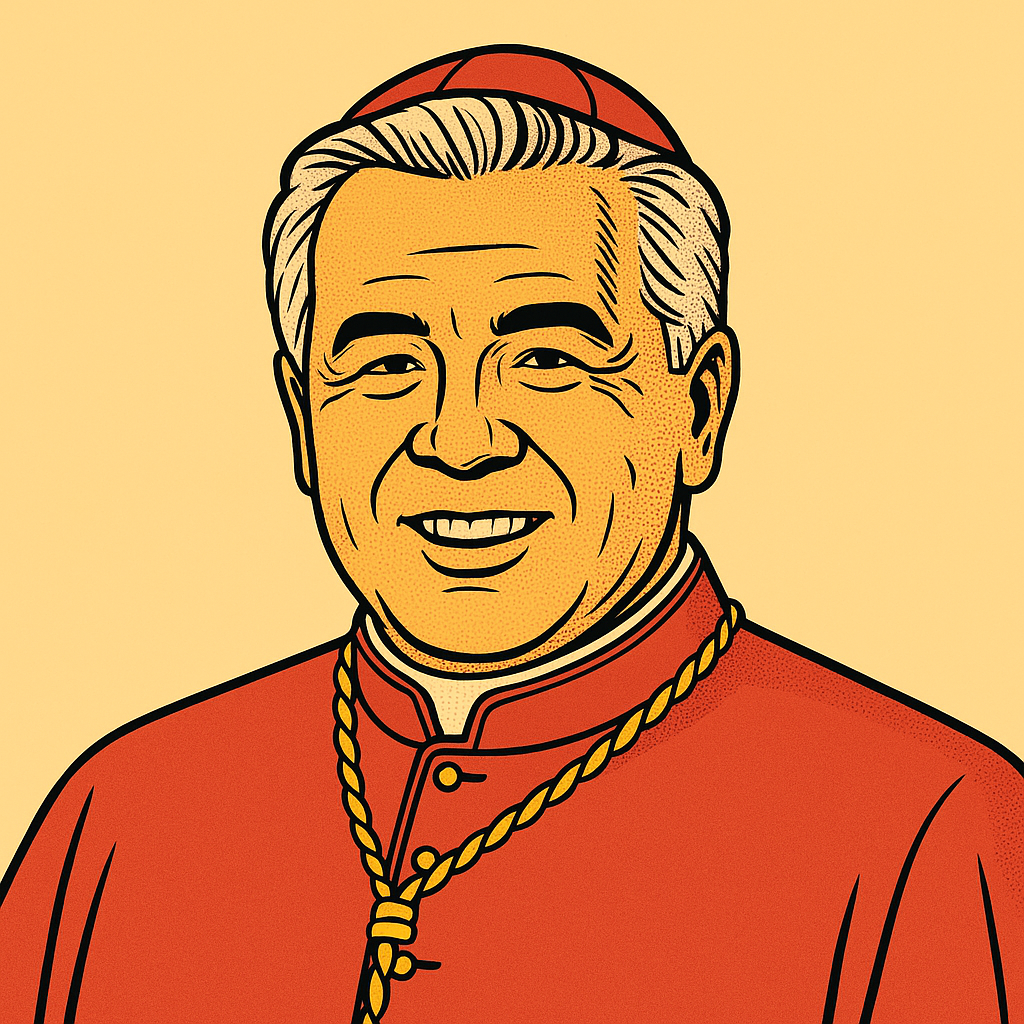
Mexico
Mexican cardinal, Archbishop of Guadalajara, known for his conservative doctrinal positions and balanced pastoral leadership in a context of popular faith.

Guinea
age: 80
Guinean cardinal, former prefect of the Dicastery for Divine Worship, known for his very conservative positions on liturgy and doctrine, and his deep attachment to Catholic tradition.
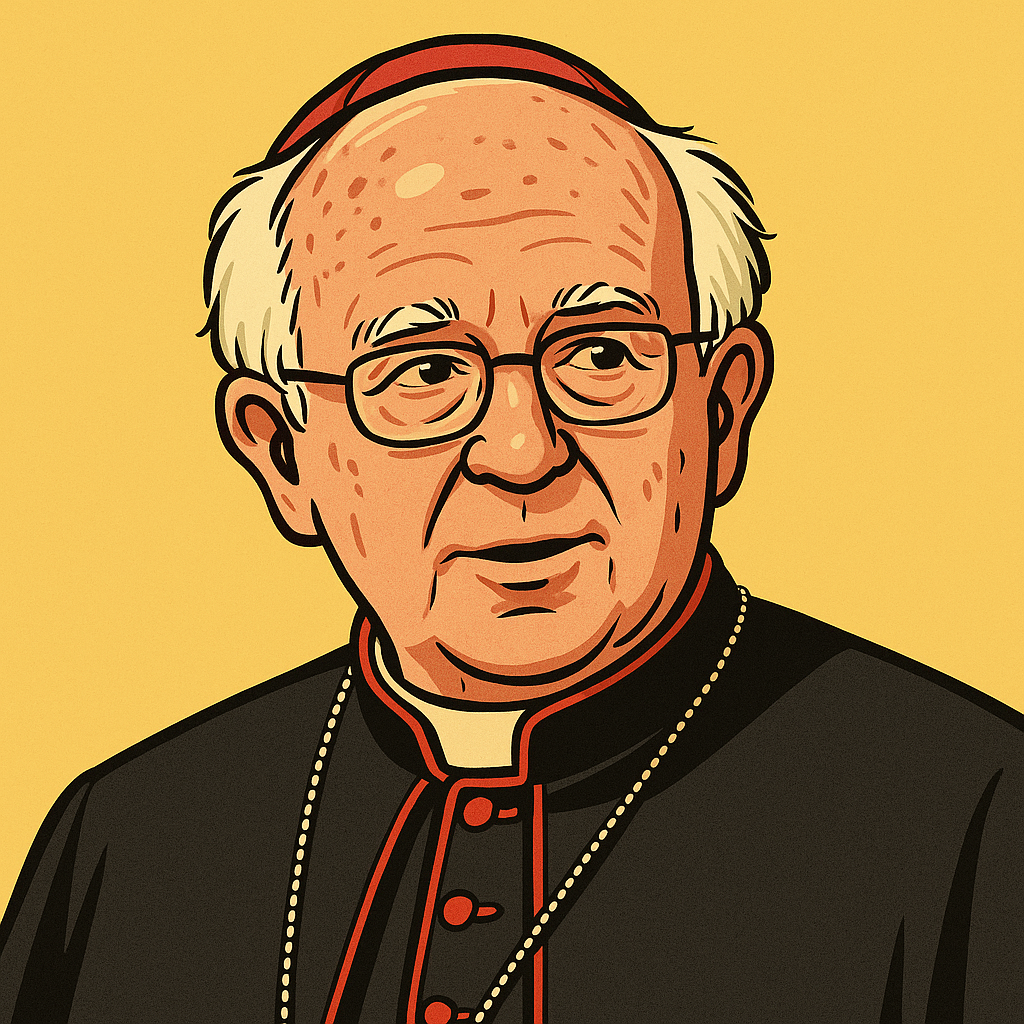
Spain
age: 80
Spanish cardinal who is very conservative, nicknamed "the little Ratzinger," known for his traditionalist positions on liturgy and morality, and his vigorous defense of Catholic doctrine.
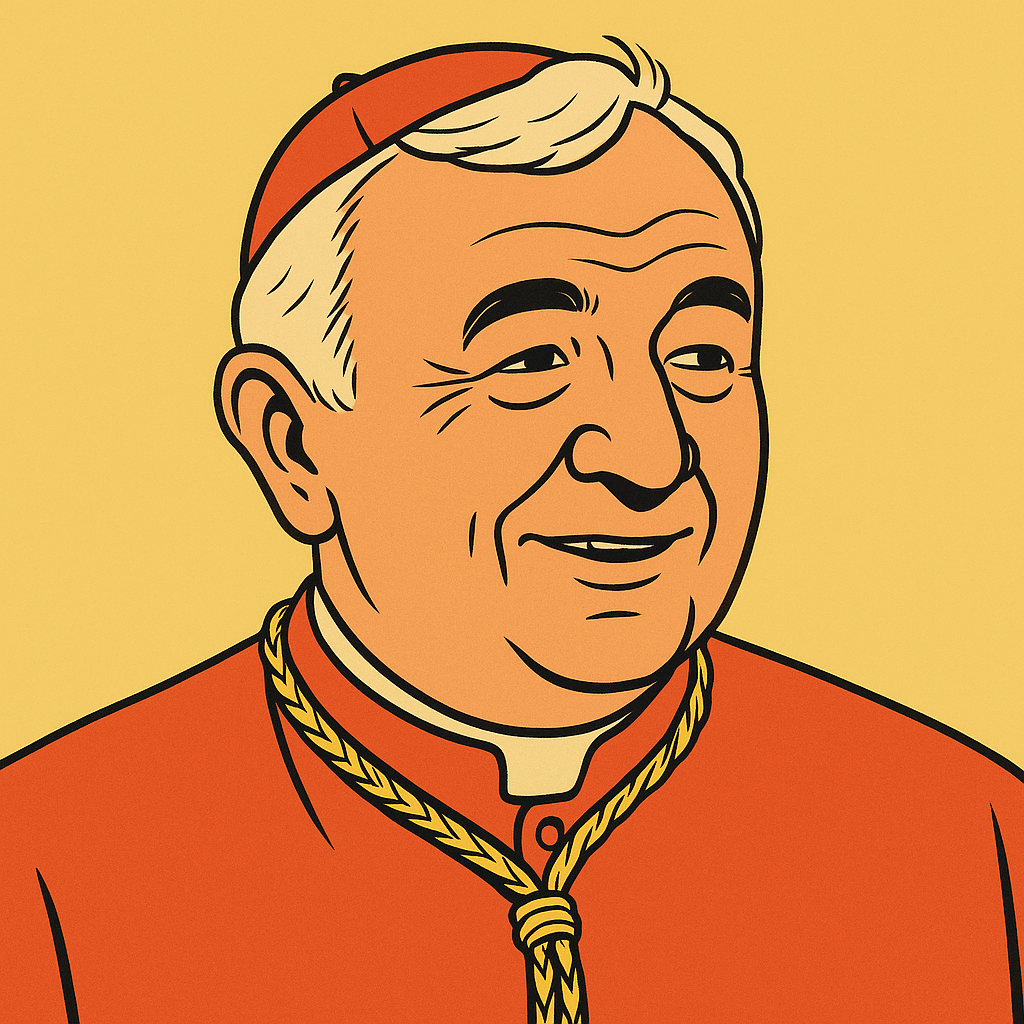
United Kingdom
age: 80
British cardinal, Archbishop of Westminster, known for his conservative positions on moral issues, while being committed to defending migrants and fighting human trafficking.
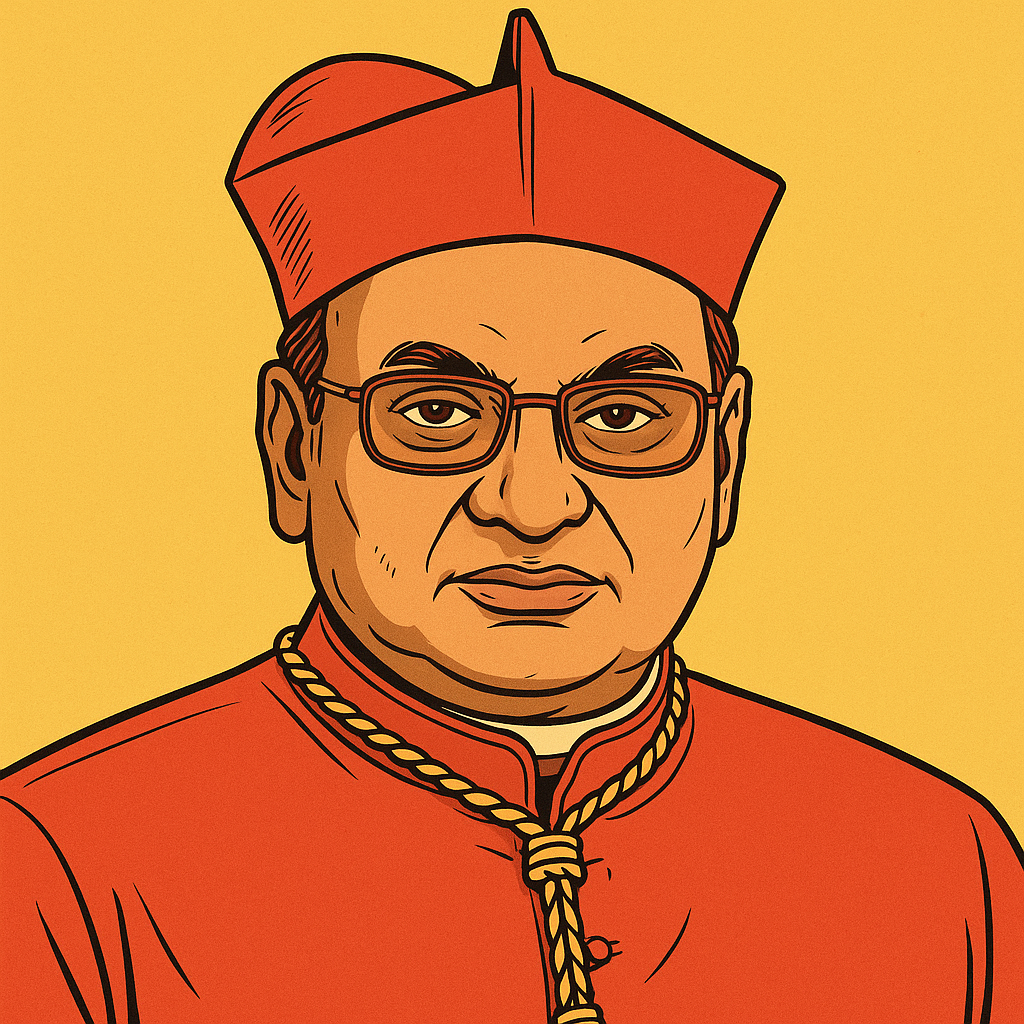
Sri Lanka
Sri Lankan cardinal with strong traditionalist positions, known for his attachment to traditional liturgy and defense of Catholic doctrine.

Germany
German cardinal, former prefect of the Congregation for the Doctrine of the Faith, known for his very conservative positions and vigorous defense of traditional doctrine.
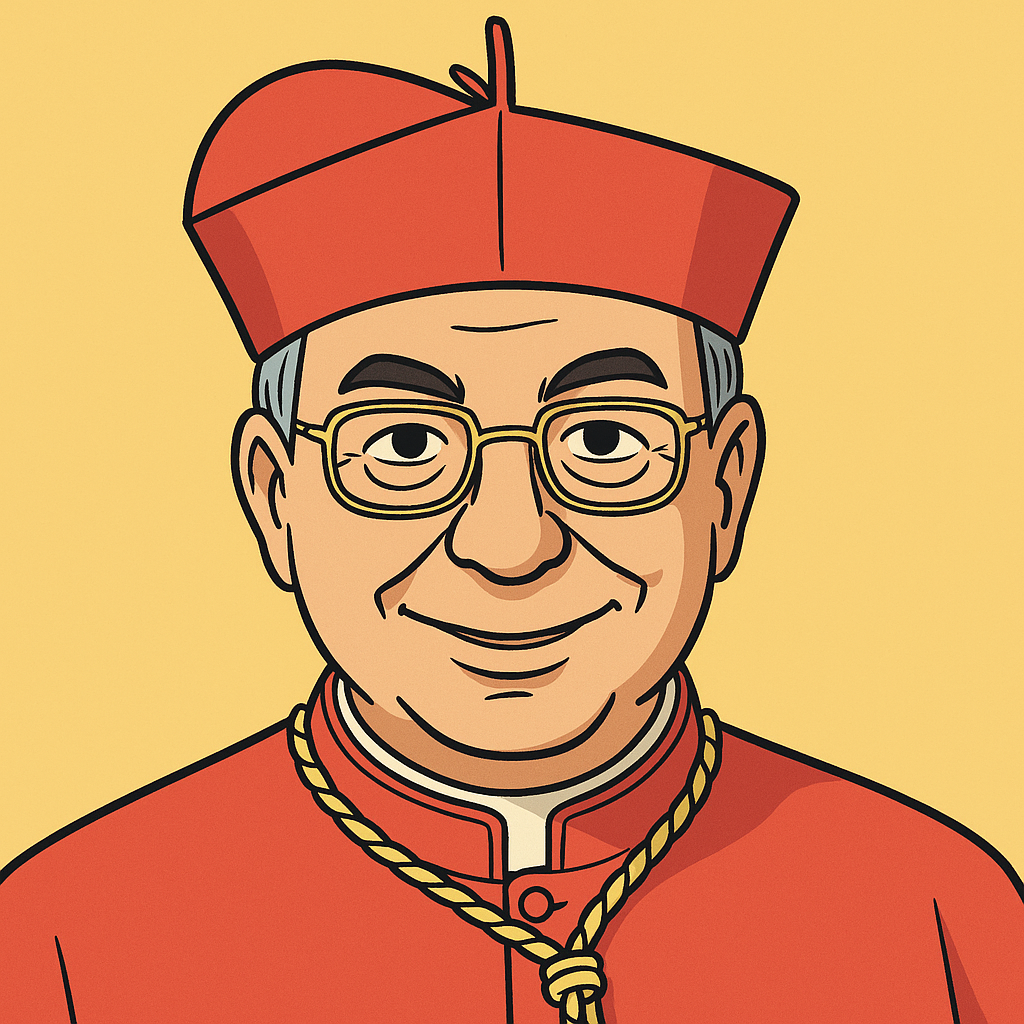
France
French cardinal, Prefect of the Supreme Tribunal of the Apostolic Signatura, known for his legal expertise and traditional doctrinal positions.

Germany
German cardinal, former prefect of the Congregation for the Doctrine of the Faith, known for his very conservative positions and vigorous defense of traditional doctrine.

France
French cardinal, Prefect of the Supreme Tribunal of the Apostolic Signatura, known for his legal expertise and traditional doctrinal positions.
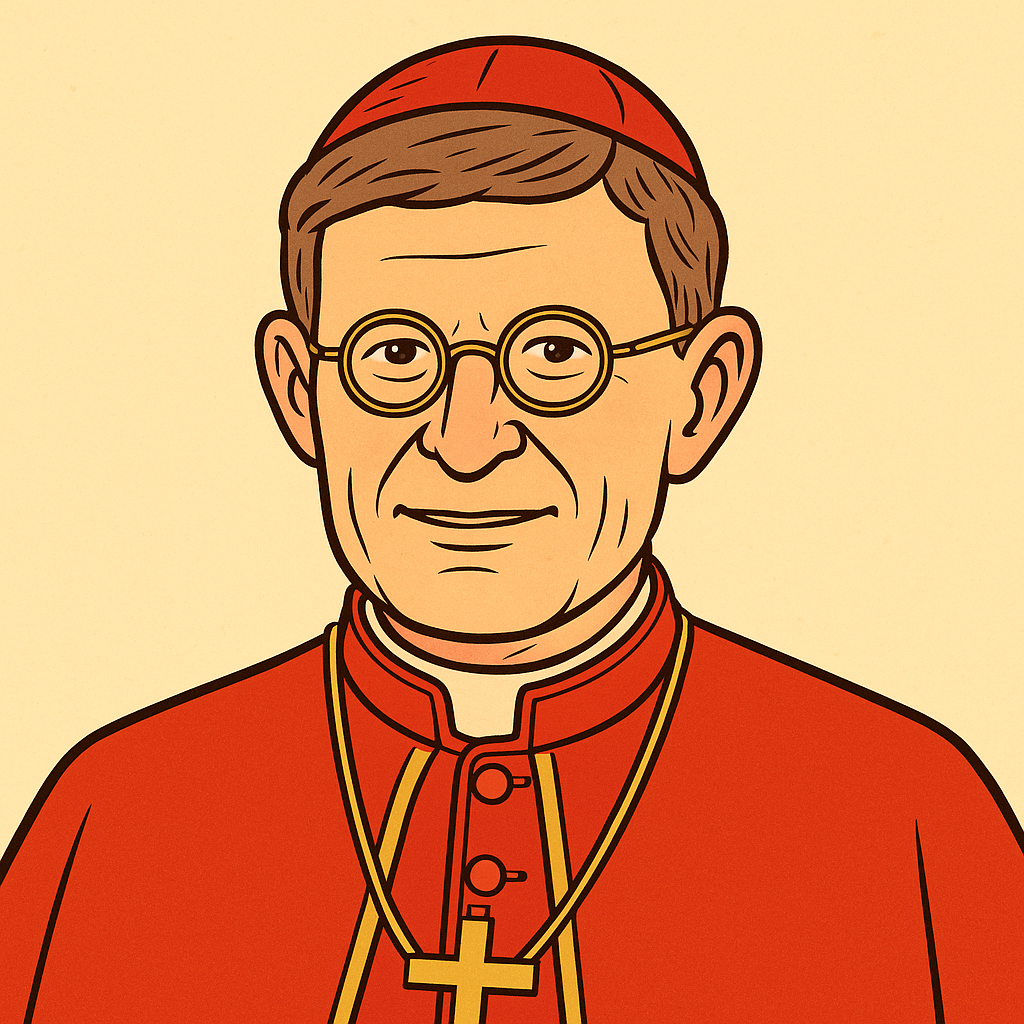
Germany
German cardinal, Archbishop of Cologne, known for his conservative positions and controversial leadership, particularly in handling sexual abuse and his opposition to certain reforms.

Guinea
Guinean cardinal, former prefect of the Dicastery for Divine Worship, known for his very conservative positions on liturgy and doctrine, and his deep attachment to Catholic tradition.

Spain
Spanish cardinal who is very conservative, nicknamed "the little Ratzinger," known for his traditionalist positions on liturgy and morality, and his vigorous defense of Catholic doctrine.
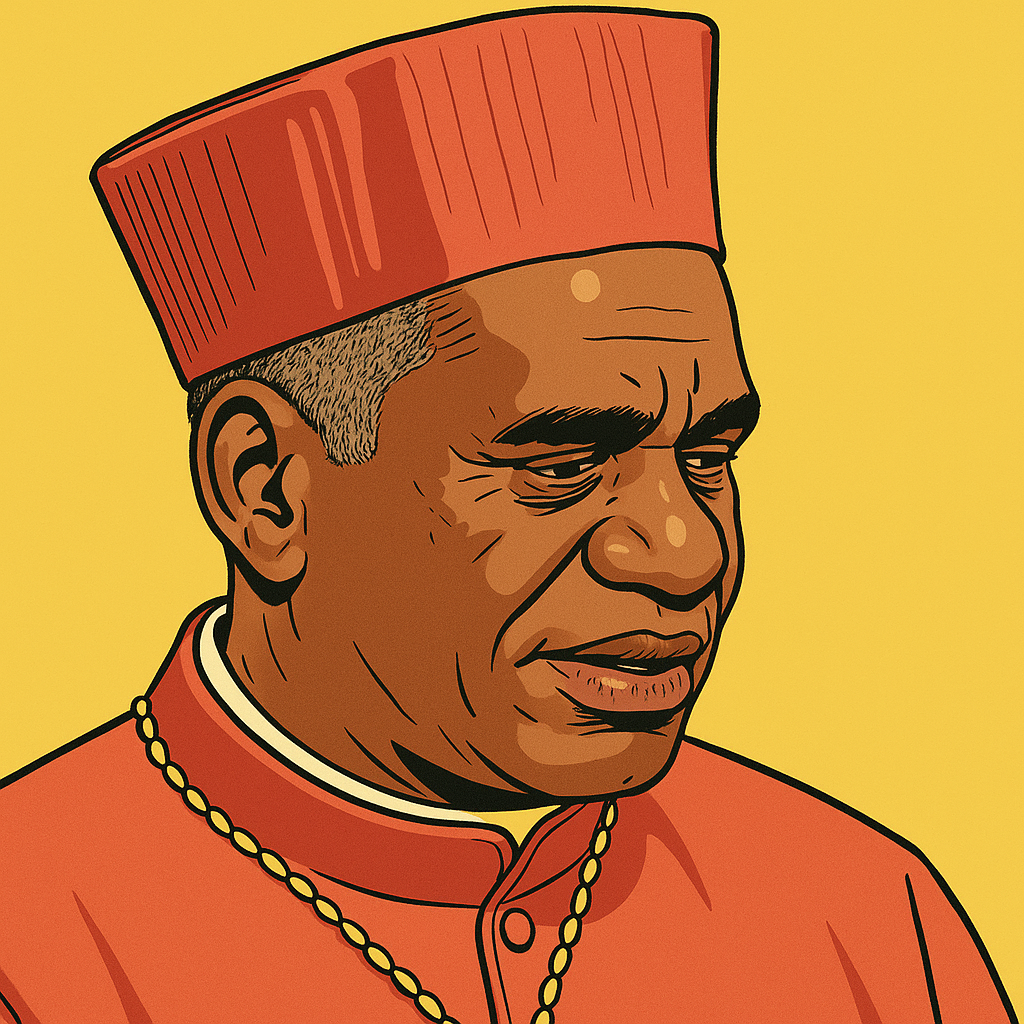
Madagascar
Malagasy cardinal, known for his traditionalist positions, his attachment to classical liturgy, and his vigorous defense of Catholic moral doctrine.

Spain
Spanish cardinal who is very conservative, nicknamed "the little Ratzinger," known for his traditionalist positions on liturgy and morality, and his vigorous defense of Catholic doctrine.

Sri Lanka
Sri Lankan cardinal with strong traditionalist positions, known for his attachment to traditional liturgy and defense of Catholic doctrine.

Germany
German cardinal, former prefect of the Congregation for the Doctrine of the Faith, known for his very conservative positions and vigorous defense of traditional doctrine.

Spain
Spanish cardinal who is very conservative, nicknamed "the little Ratzinger," known for his traditionalist positions on liturgy and morality, and his vigorous defense of Catholic doctrine.

Sri Lanka
Sri Lankan cardinal with strong traditionalist positions, known for his attachment to traditional liturgy and defense of Catholic doctrine.

France
French cardinal, Prefect of the Supreme Tribunal of the Apostolic Signatura, known for his legal expertise and traditional doctrinal positions.

Guinea
Guinean cardinal, former prefect of the Dicastery for Divine Worship, known for his very conservative positions on liturgy and doctrine, and his deep attachment to Catholic tradition.

Spain
Spanish cardinal who is very conservative, nicknamed "the little Ratzinger," known for his traditionalist positions on liturgy and morality, and his vigorous defense of Catholic doctrine.

Madagascar
Malagasy cardinal, known for his traditionalist positions, his attachment to classical liturgy, and his vigorous defense of Catholic moral doctrine.